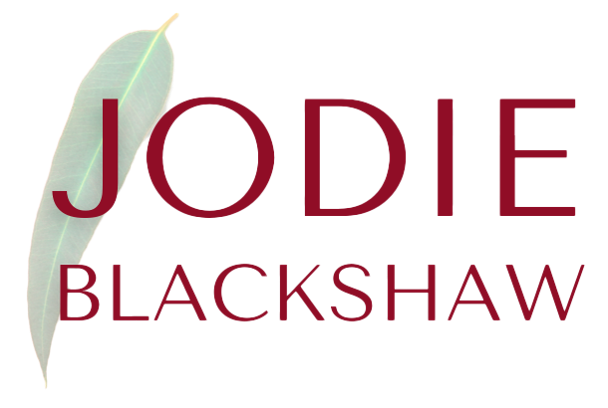What is this madness?
“We need a national conversation to redefine the depth and quality of the content we teach in our music classes. We need a paradigm shift in how we define outcomes in our music students. And we need to go beyond the right notes, precise rhythms, clear diction and unified phrasing that have set the standard for the past century.”
On Jan 25, 2016 Todd Stoll, vice president of Education (Jazz), Lincoln Centre, published an article with Time Magazine from which the aforementioned quote is sourced.
You can read the article here: http://time.com/4179627/music-education/
In it Stoll states: "Our arts can help us define who we are and tell us who we can be. They can bind the wounds of racism, compensate for the scourge of socio-economic disadvantage, and inoculate a new generation against the fear of not knowing and understanding those who are different from themselves."
YET, he also states that: Content should "teach the triumphant mythology of our greatest artists—from Louis Armstrong to Leonard Bernstein" and "embrace the American arts as a full constituent in our programs". So I am left wondering, how does focusing content on American artists "bind the wounds of racism, and inoculate a new generation against the fear of not knowing and understanding those who are different from themselves." ?
Stoll’s other commentary is on music literacy: “Students should learn that the written score is a starting point. It’s the entry into a world of discovery and aspiration that can transform their lives; it’s deeper than notes. We should help them realize that a lifetime of discovery in music is a worthwhile and enjoyable endeavor”.
Yet earlier he pronounces that music educators "... need to go beyond the right notes, precise rhythms, clear diction and unified phrasing that have set the standard for the past century."
Whilst I understand that Stoll is referring to the scores of composers, and that unpacking these scores and the emotional context that lies within is a particular passage for music study – where does that leave instrumental music programs?
What Todd Stoll doesn't seem to understand is that if you make notation the STARTING point, you lose the child's musical focus and music becomes a visual-based subject and NOT an aural-based one. It also removes almost any opportunity to build a student-centred discovery-learning environment. As this comes from the pen of a jazz educator, I am indeed concerned.
The opportunity to teach a child that music is deeper than "the notes" is LOST if reading print music is utilised as the first step in music pedagogy.
Carl Orff said it best: “Music begins inside human beings and so must any instruction, not at the instrument, not with the first finger, nor with the first position, not with this or that chord. The starting point is one’s own stillness. Listening to oneself. The ‘being ready for music.’ Listening to one’s own heartbeat and breathing.”
Yes, children need to learn to read music – but I, and many others, firmly believe that music literacy can be achieved through a sound-to-symbol pathway. And not only do you achieve literacy, you also achieve a myriad of other essential components that are lost when reading musical notation comes first. These include motion, expression, shape and context. Each of which is difficult to add after the printed music has been handed out.
Why? Because our first notion of anything new comes through our sensory inputs and our visual sense significantly influences every other sensory input, particularly auditory.
"When visual information clashes with that from sound, sensory crosstalk can cause what we see to alter what we hear."
Groeger, Scientific American, 2/2012 (http://www.scientificamerican.com/article/making-sense-world-sveral-senses-at-time/).
PLEASE. For the sake of children, their hearts, their dreams, their innermost feelings of self worth – STOP this madness!
Always, always your children should have the opportunity to FIRST feel, play around with and discover musical thoughts and idioms before we place any adult notion of what we adults think they SHOULD learn.
Just let them be children.
Let them play!
